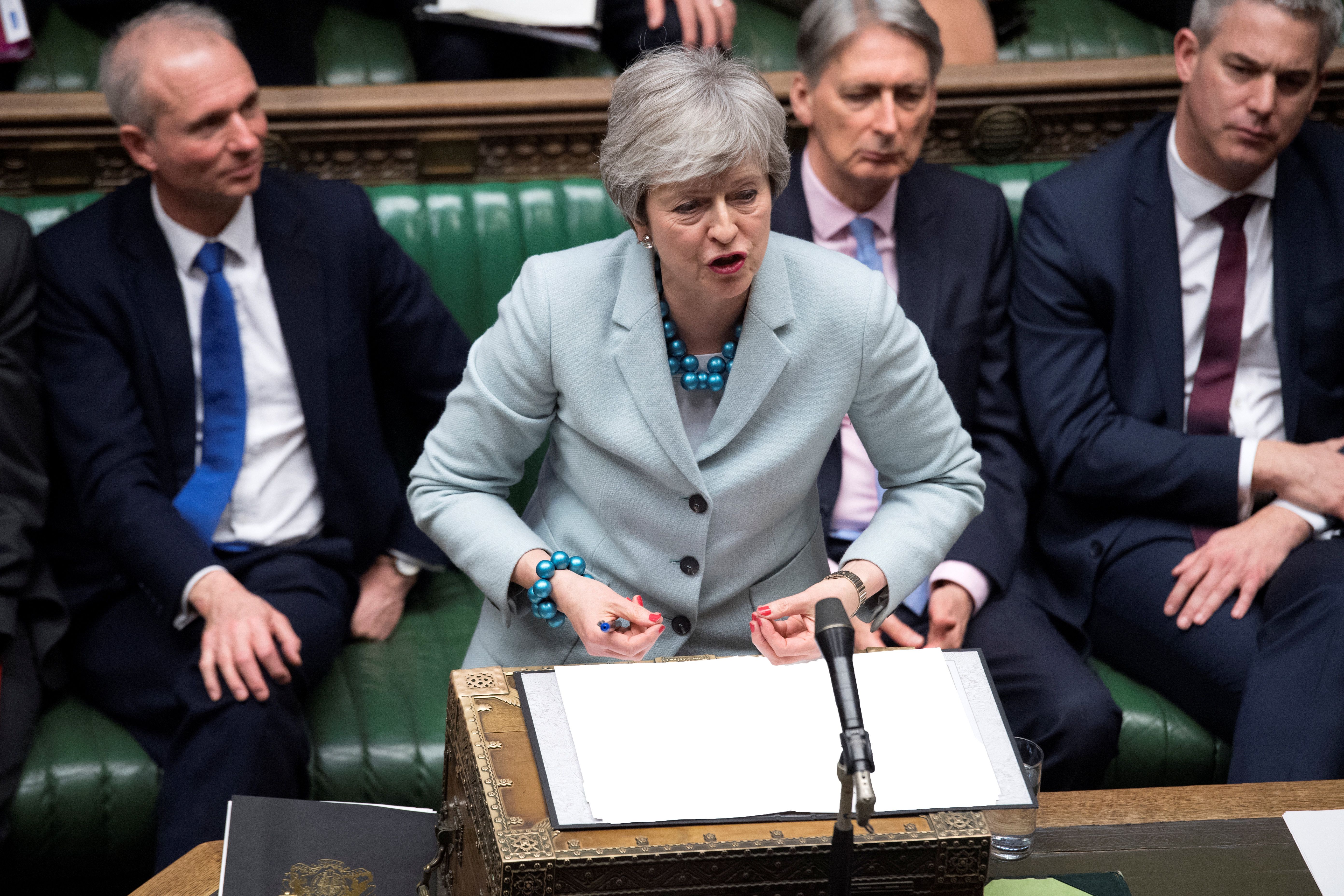By the end of today, we'll probably know whether there's any Brexit plan that UK legislators can actually agree on.
After seizing control over the Brexit process earlier this week, the UK House of Commons will now cast non-binding votes on seven different versions of Brexit, ranging from "no deal" all the way to continued deep integration with the EU.
Being that parliament has already twice rejected the deal that Prime Minister Theresa May reached with the EU, today's votes seem to offer a new way out of the Brexit deadlock.
But as the UK has shown time and time again with Brexit, nothing is as simple as it seems.
For one thing, Mrs. May has already suggested that she isn't interested in supporting any new plan that comes out of today's parliamentary votes, particularly if it's one that envisions a "softer" Brexit than what her Tory party can stand.
Instead, she still wants to schedule one more vote for her own deal, which could come as soon as Thursday. But it's hard to see that twice-rejected deal doing much better in a third go around. If it fails again, new elections might be the only way forward.
Time is of the essence. The EU has given the UK until April 12 to agree to a final Brexit deal, because it wants Brexit resolved before European parliamentary elections in May. If that means a "no deal" exit, the EU has said: so be it.
The clear signal: Today's parliamentary votes will create the chance for a compromise that could end the anguish of Brexit – but we are skeptical that British lawmakers and politicians are sufficiently interested in compromise.